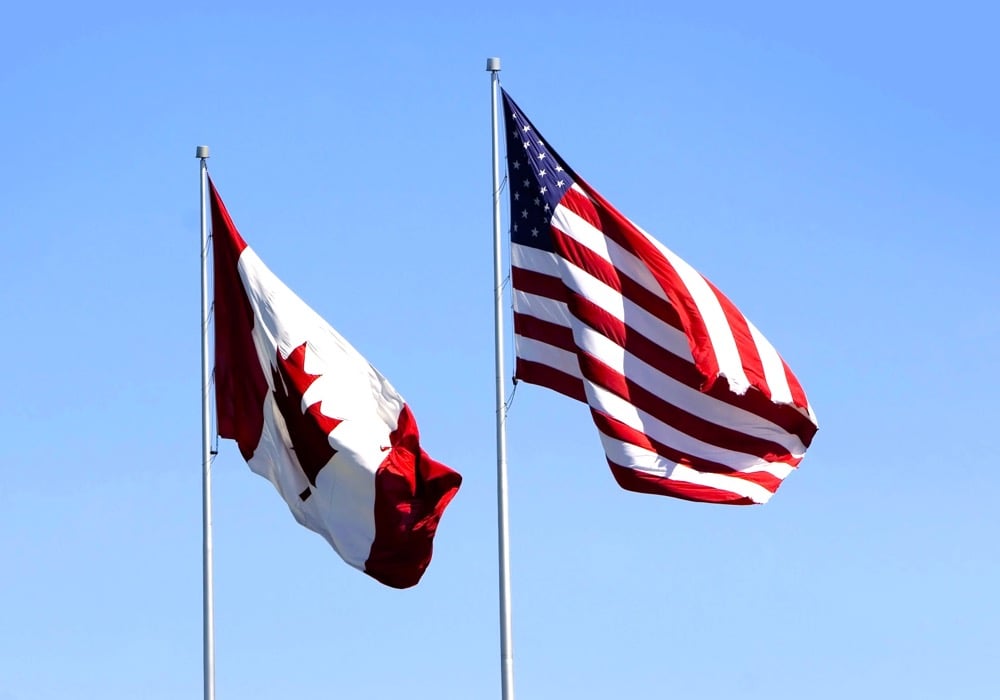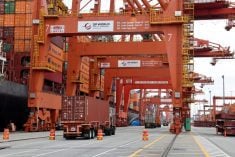CHICAGO (Reuters) — Shares of the world’s biggest poultry producers fell on Tuesday as expectations for an increasing U.S. chicken supply to pressure profit margins overshadowed a decision by top importer Mexico to ease trade restrictions.
Poultry companies have been enjoying large profits recently thanks to high meat prices and declining feed costs. However, a larger-than-expected rise in chicken supplies could push down prices and squeeze margins, analysts said.
Pilgrim’s Pride Corp.’s stock price sank more than eight percent to its lowest level in a month after the U.S. Department of Agriculture on Monday said leading chicken breeders in February increased the number of young chicks placed for future supply flocks by nine percent from a year earlier.
Read Also

Canadian trade data delayed by U.S. government shutdown
Canadian international trade data for September will be delayed indefinitely due to the ongoing partial shutdown of the United States government, Statistics Canada said Friday, Oct. 24.
Shares of Tyson Foods Inc. and Sanderson Farms Inc. each slid about three percent.
“Producers are cautioning people about extrapolating one month’s worth of data, but it’s a pretty large jump on a year-over-year basis,” said Tim Tiberio, analyst for Miller Tabak + Co.
The number of chicks, or pullets, placed to build future flocks rose eight percent on the year in January and five percent on the year in December.
Investors focused on the increasing supply rather than Mexico’s decision to reduce restrictions on poultry imports from U.S. states that have confirmed infections of avian flu. The development was seen as a positive for chicken companies like JBS SA unit Pilgrim’s Pride, which has said that exports represent about eight percent of its business.
Mexico said it would accept poultry from states like Arkansas, Missouri and Minnesota that is destined for further processing or heat treatment. Previously, Mexico had banned all poultry imports from the states.
Mexico’s decision was likely based on concerns about the impact of the trade limits on food costs, said Jim Sumner, president of the USA Poultry & Egg Export Council.
“Mexico has been very conscious of food inflation and, of course, with chicken and turkey and eggs being a basic staple, they don’t want to see food prices spiral,” he said.
The council expects Mexico also will soon resume accepting raw poultry products from states that have had avian flu infections, Sumner added.














